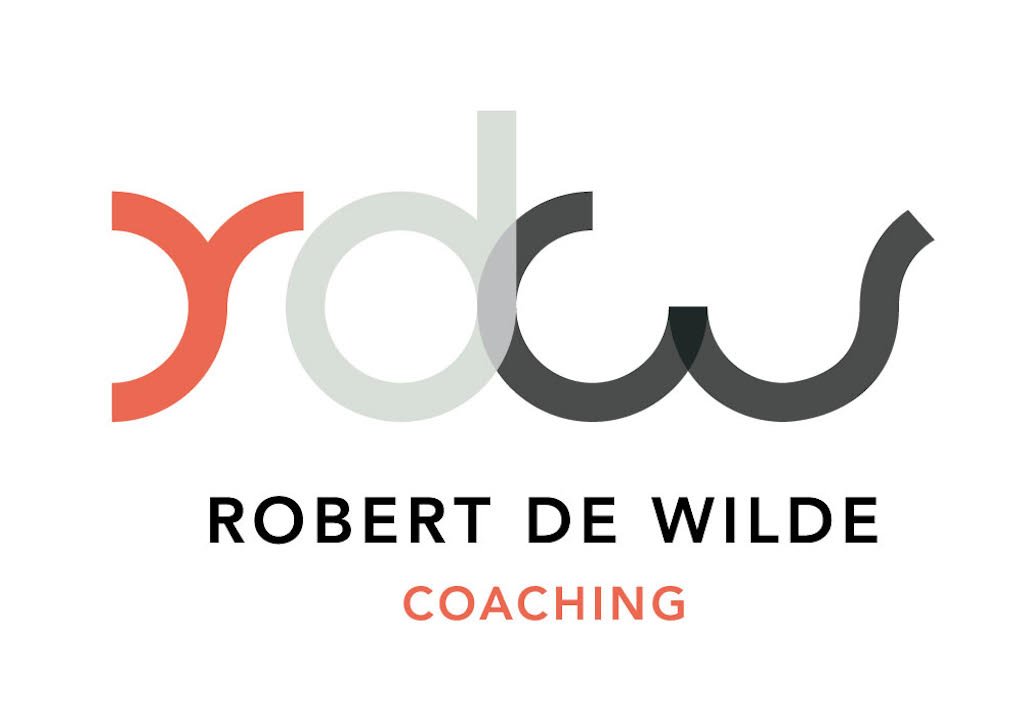Coping with stressful circumstances
What is burn-out exactly and what can I do?
Covid-19 is derailing our lives, all of us. There is anxiety, less control, fear for the future. Clearly, for some, it’s even worse.
Health-care workers are extremely exposed to the virus. In Holland, the efforts of caretakers, emergency service providers, nurses and doctors are more respected than ever; the pressure is clearly on them. But …. there is a risk of going ‘over the top’.
We are talking about stress and potentially burnout.
Hard work never killed anybody, they say. It is clear that there are many people in the world who work crazy hours, and never have any sign of burnout.
So, what is it then?
Burnout (or extreme exhaustion) seems to happen, according to research, in situations where whatever you do workload never stops. Think of instances where those 100 emails flow in your inbox every day, OR situations where patients never stop coming in - like currently in hospitals around the world.
Workload and administration tasks never decrease (like for instance happens to teachers, like myself, a group vulnerable to burnout). In the end this is causing society billions of euros in terms of social welfare, and resources needed to replace sick workers.
System: demand – control – support
Psychologist Adam Grant (a researcher at Wharton University), who did research with firefighters, calls for a system called “demand - control – support”. High stress or fast-paced organisations can benefit from adopting this three step system.
Let’s look at this closer.
Reducing demand: reduce the workload. In education or healthcare, workers suffer from heavy administration requirements (in my school we work with at least four IT systems to register student results). Adam Grant advises to simplify IT systems, reduce steps, less info to put in the system.
Keep it simple.
Getting control: here the idea is to give workers more control over their weekly tasks.
This means that e.g. sales managers can decide which products they wish to go to market. Or, giving nurses more control on the shifts they work in, and allow teachers to have more control over the subjects they teach in a specific year.
Research shows that control over your circumstances diminishes feelings of being overwhelmed or overpowered. If you have the feeling that things can change – you are not powerless.
Here, you can also use the proven technique of naming emotions: what exactly is happening to you?
In pinpointing an emotion (anger, frustration, fear) it becomes less overwhelming.
And subsequently, you create more awareness on what to work on: is it anger? your fear? And what is behind the anger? (usually this is the real trigger). Once you know, you can work to lessen it.
Alternatively (as Grant says in his article) try reframing feelings or events, instead of seeing negative consequences, try to look for positive things like space for growth, change or a way to innovate.
Coaching or peer support
And finally:
Finding support: as we feel now more than ever, emotional care for each other is crucial. It helps when friends and colleagues check-in to see how you do. It feels soothing if they worry about you and hear your stories. Emotions count. Even for tough guys like firefighters.
Conclusion
Coaches, listen up. It is essential that support comes from the same group. Research shows that advice from others may count less than warm support from your peers. You may have less influence than you hope for.
What you can do instead is this: create a (team) culture where it is safe a member of a group to express your feelings and emotions.
It’s now essential, more than ever. And the good news: there is no need for complicated culture sessions: a room, a table and good coffee to change things for the good. That is where coaches can help.
Having a room where firefighters (nurses, teachers, soldiers) decompress, have a coffee, listen to stories and relax is very helpful. The military has a history of allowing returning service personnel to decompress.
An interesting read is Tribe, On Homecoming and Belonging (see below), which provides a closer look at post-traumatic stress disorder and the challenges veterans face returning to society.
The strong support from fellow soldiers (teachers, firefighters, colleagues etc) is very important.
Let me end, with asking you to keep me updated on your ways to create such supporting cultures; perhaps you have tips to share!
Stay safe all.
Inspiration:
New York Times, “Burnout isn’t just in your head. It’s in your circumstances” (Adam Grant) (19 March 2020).
Military Medicine, 173, 6:534, The Use of Psychological Decompression in Military (2008)
Tribe, On Homecoming and Belonging (Sebastian Junger) (2016)
Robert de Wilde is a coach and mediator (former attorney in The Netherlands and Dutch Antilles). For info on business coaching, lifecoaching or online coaching programs: send a mail via Contact

